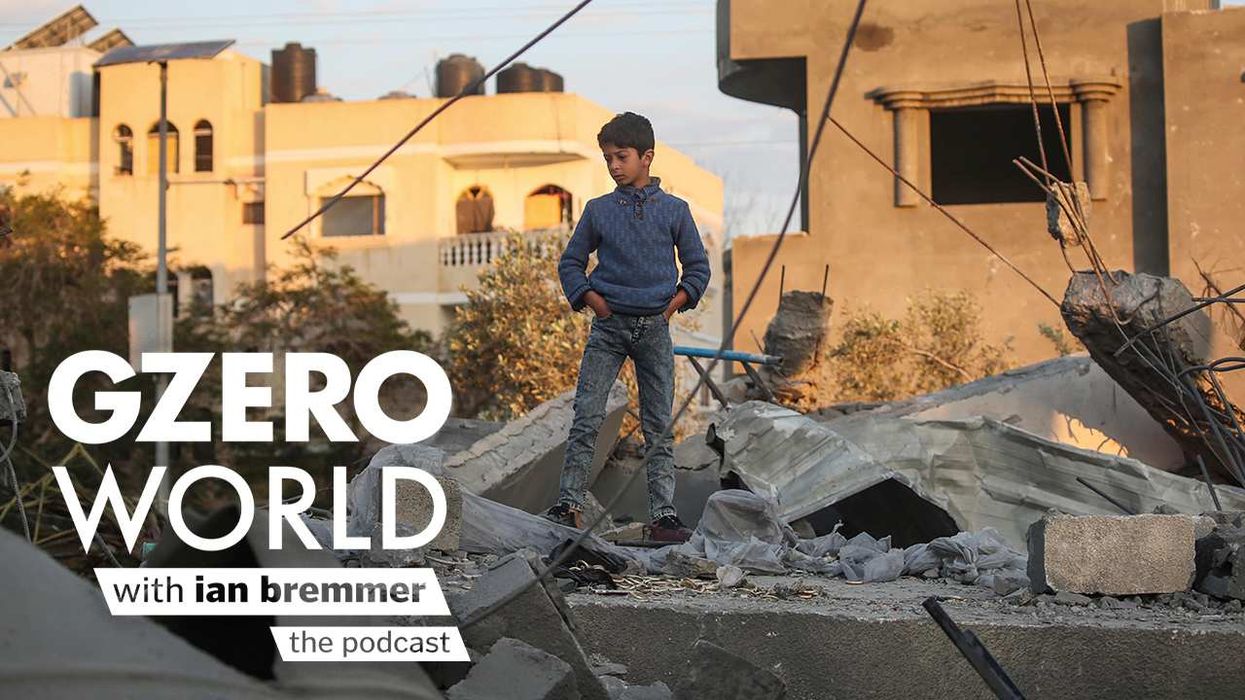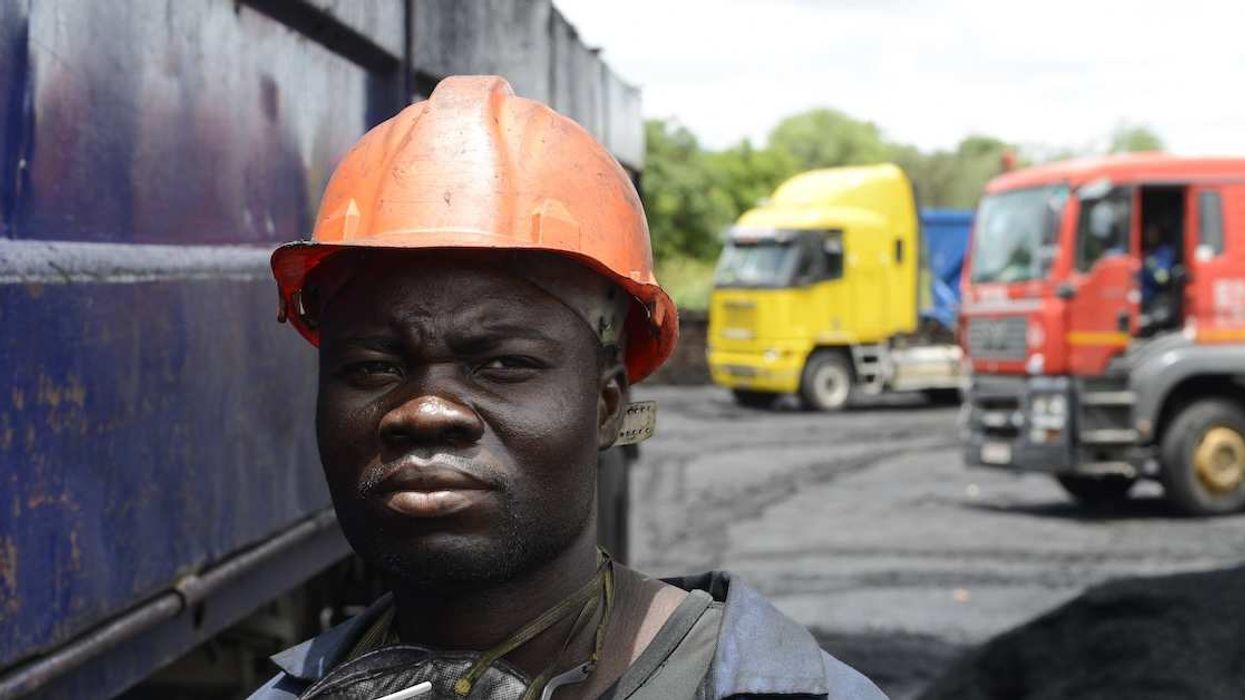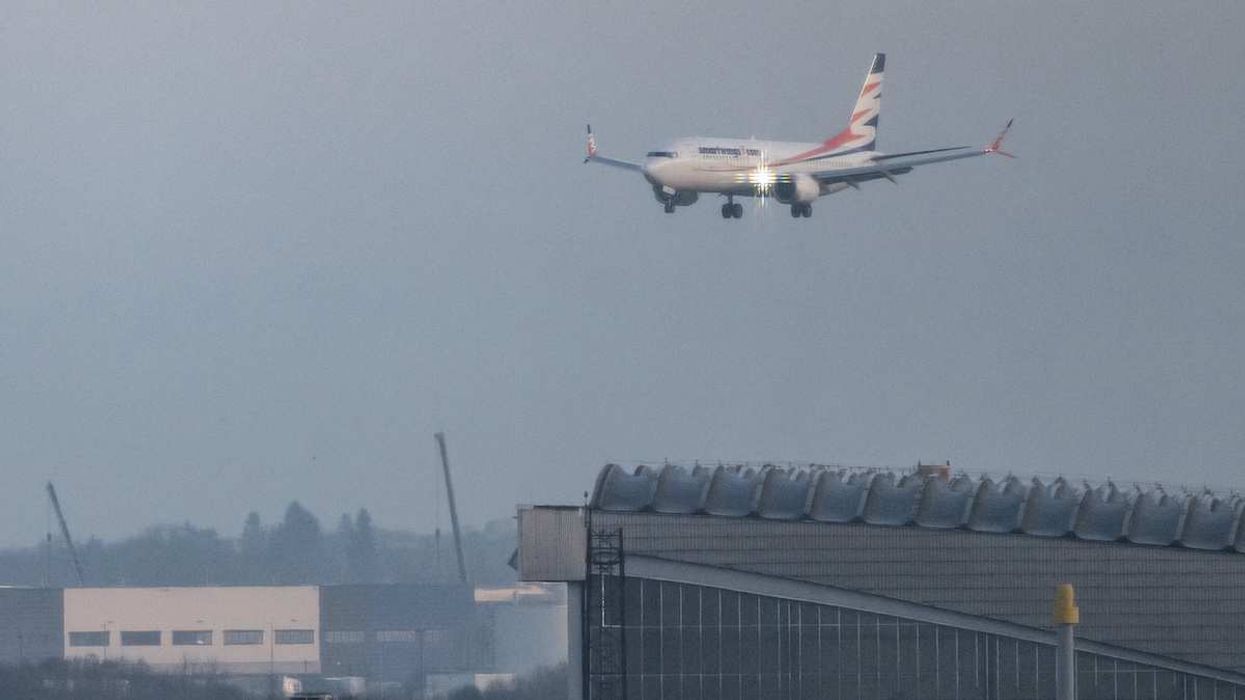72: The average age of Arab heads of state is currently a hoary 72, while the average age of their people is just 25, according to The Economist. Six years after the Arab Spring, that generation gap continues to fuel the sense that the region’s leaders are hopelessly out of touch with their own people. At a spry 32 years old, can Saudi Arabia’s headstrong Crown Prince Mohammed bin Salman change that in the region’s most hidebound kingdom?
68: Back in 1989, 68 percent of Americans considered the economic power of Japan to be the most serious “threat to the future of the United States,” according to a poll conducted by Business Week. One of those Americans was a brash young real estate tycoon from Queens. By contrast, only 22% said they feared Soviet military power. How times change. And don’t.
40: Over the past two years, 40 current or former elected city officials have been killed in Brazil, according to a report by the Globo network. Of those, two have been confirmed as political killings and another nine are under investigation. The remainder were deemed the result of personal or business disputes.
36: Over the past three years, Russian President Vladimir Putin has replaced 36 of the country’s 85 regional governors. Twenty of those are under 50 years old. Putin is trying to create a new, younger generation of political leaders — though one that is loyal chiefly to him, of course.
9: Just nine percent of North Korean defectors leave because of the country’s ruthless political repression, according to Korea expert (and former diplomat) Victor Cha’s book on the country. Their main reason for fleeing is actually the lousy economy.
Error: Deli scales and credit card machines in Venezuela don’t have enough digits to calculate the right price for goods like a kilo of ham (1,480,000 Bolivars per kilo), a set of bedsheets (33,541,963), or a pair of Adidas kicks (10,500,000), according to a report from Bloomberg. Economic mismanagement and currency controls have driven up the inflation rate to 13,000 percent, stoking a humanitarian meltdown alongside the oil-rich country’s ongoing political crisis.


















